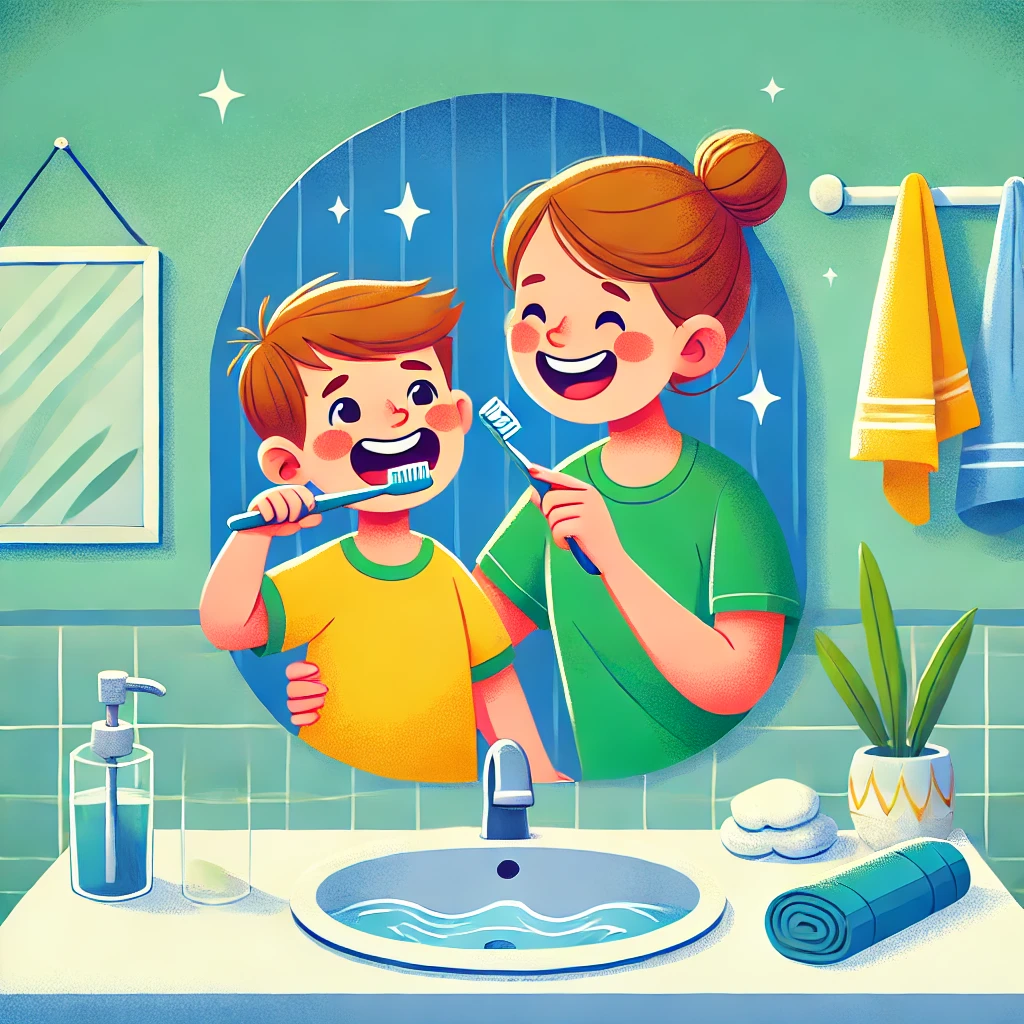The period of childhood is when habits are formed and the best time to teach your kids about personal hygiene. This is not only necessary to help them stay healthy, but it also instills lifelong habits that promote their confidence and social skills. Today’s article provides a quick guide to make the process of introducing personal hygiene to your kids easy.

Why is Personal Hygiene Important for Kids?
Good hygiene is crucial for preventing illnesses like colds, flu, and skin infections. It also plays a significant role in boosting a child’s self-esteem, as they learn how to care for themselves and interact confidently with others.
Starting Early is Key
It is important to begin teaching your kids personal hygiene as early as possible.
Introduce Basics Through Play: Begin teaching personal hygiene as early as possible. Use toys and games to make the learning process enjoyable. For instance, pretend to wash a doll’s hands while explaining the importance of doing so after playing or using the restroom.
Use Stories and Videos: Kids respond well to storytelling and visuals. Books and cartoons about hygiene can simplify concepts like handwashing, brushing teeth, and bathing. Ensure to choose age-appropriate materials that convey these lessons in an entertaining manner
Essential Hygiene Practices to Teach Your Kids
- Handwashing: Teach your child to wash their hands with soap and water for at least 20 seconds, especially after using the bathroom, before eating, and after playing outside. Use songs songs they find relatable while teaching them to make the exercise fun.
- Oral Hygiene: Encourage brushing teeth twice a day with fluoride toothpaste. Show them the proper technique using a soft-bristled toothbrush and supervise until they master it.
- Bathing: Make bath time enjoyable by letting your child pick their favorite soap or bath toys. Teach them to scrub all areas, including behind their ears and between their toes.
- Nail Care: Keep their nails trimmed to avoid dirt accumulation and teach them not to bite their nails, which may harbor germs.
- Hair Care: Help them understand the importance of keeping their hair clean and tangle-free by washing and combing it regularly.
Tips to Make Hygienes Stick
- Lead by example: Children mimic what they see. Practice good hygiene yourself to reinforce these habits.
- Use Rewards: Positive reinforcement, like stickers or small treats, can encourage consistent hygiene practices.
- Be Patient: Kids may take time to adopt routines. Offer gentle reminders without scolding so as to build their confidence
Always remember that teaching kids personal hygiene does not have to be overwhelming. We hope you find the above tips useful.
Kindly subscribe to our newsletter for more updates.









